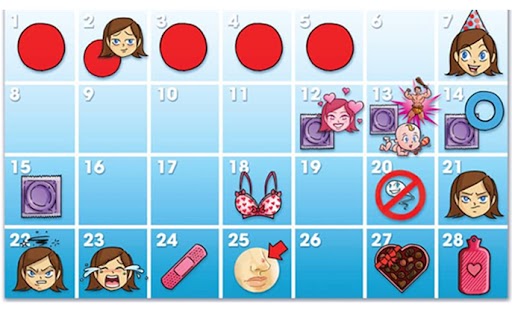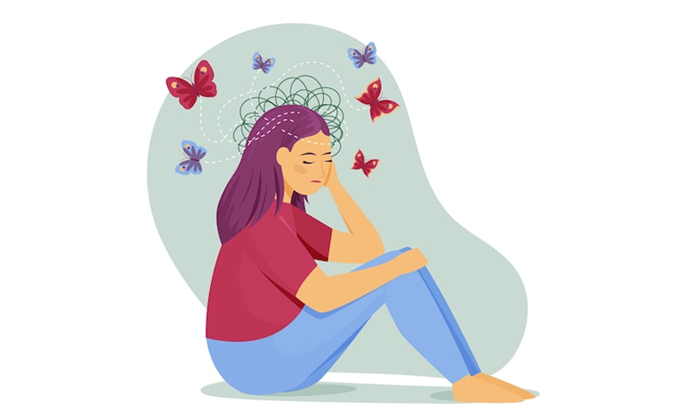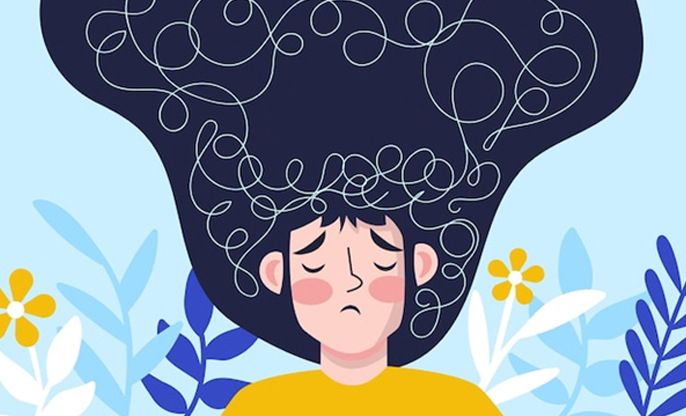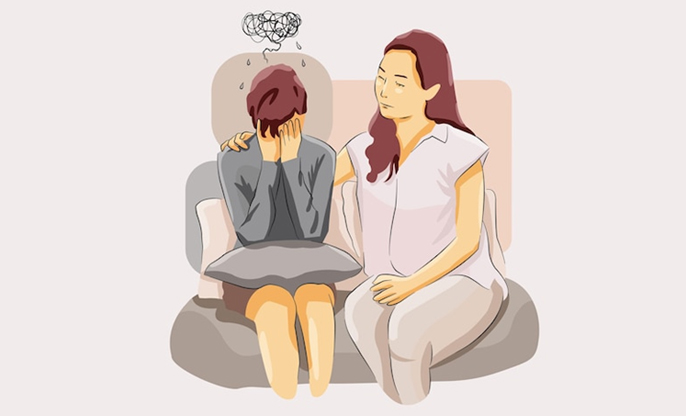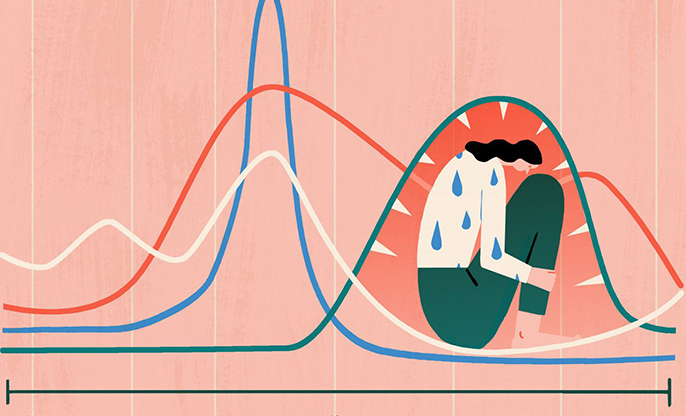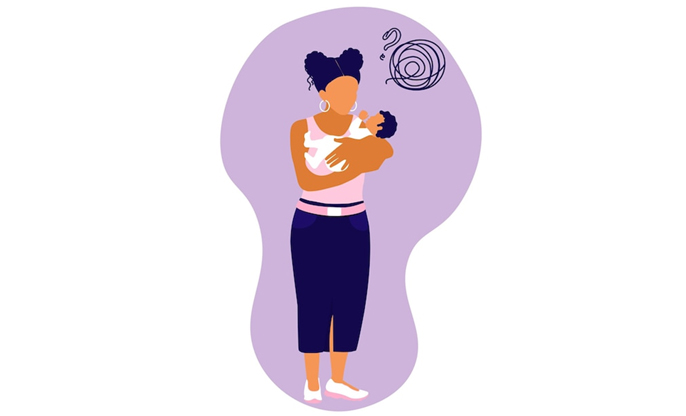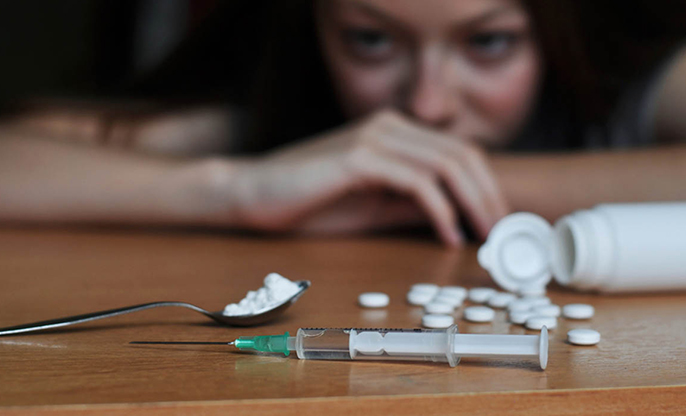
Navigating life with the challenges of substance use can profoundly influence our dreams of motherhood, particularly as it intertwines with our mental well-being. Here, we share our experiences with the complexities of how substance use has impacted our fertility and mental health, and how we're striving to overcome these hurdles.
The Toll on Our
Fertility
Our journeys with substances whether it’s alcohol,
prescription medications, or illegal drugs - have marked our paths with
hurdles:
● Our
encounters with alcohol have sometimes led to irregular menstrual cycles and
ovulatory issues, making it harder for us to conceive. For some of us, chronic
use has spiraled into hormonal imbalances and other health complications that
further challenge our fertility.
● Certain
prescription medications, while necessary for managing pain or mental health
issues, come with side effects like disrupting our menstrual cycles or
dampening our desire, which feels like it’s putting our hopes of having a child
on hold.
● For those of us who have struggled with illegal substances, the road has been even rockier. The impact on our hormonal health and the damage to our reproductive organs are battles we are still fighting.
The Emotional
Struggle
Our substance use hasn’t just affected our bodies; it’s
deeply intertwined with our mental health. The cycle can be relentless:
● Our
struggles with substances have sometimes intensified our mental health
challenges, leaving us feeling more anxious or more depressed, trapped in a
cycle that feels impossible to escape.
● At times, our battles with mental health have led us to seek solace in substances, a temporary relief that ultimately complicates our fertility and health even further.
Pathways to
Healing
Finding our way back to health and nurturing our hopes of
becoming mothers means addressing the root of our substance use and its
repercussions:
● We have
found hope and help in rehabilitation programs that not only focus on substance
cessation but also offer robust mental health support, recognizing that our
healing needs to be comprehensive.
● Therapy
has become a cornerstone of our recovery, helping us unpack the layers of our
mental health challenges and finding healthier ways to cope.
● Committing to healthier lifestyles has also been crucial. Regular exercise, a balanced diet, and learning healthy coping strategies have become part of our routines, supporting both our mental and physical health.
Our journey through the complexities of substance use and its impacts on fertility and mental health has been tough, but it's also a path towards resilience and recovery. Each step forward is a step towards healing, towards one day fulfilling our dreams of motherhood, armed with strength and support.
